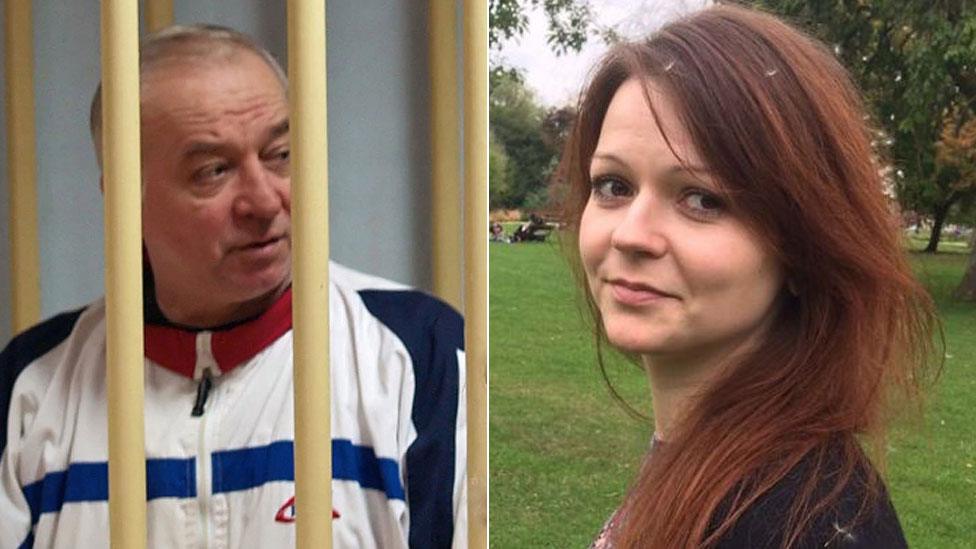'Salisbury poisoning at forefront of our minds'
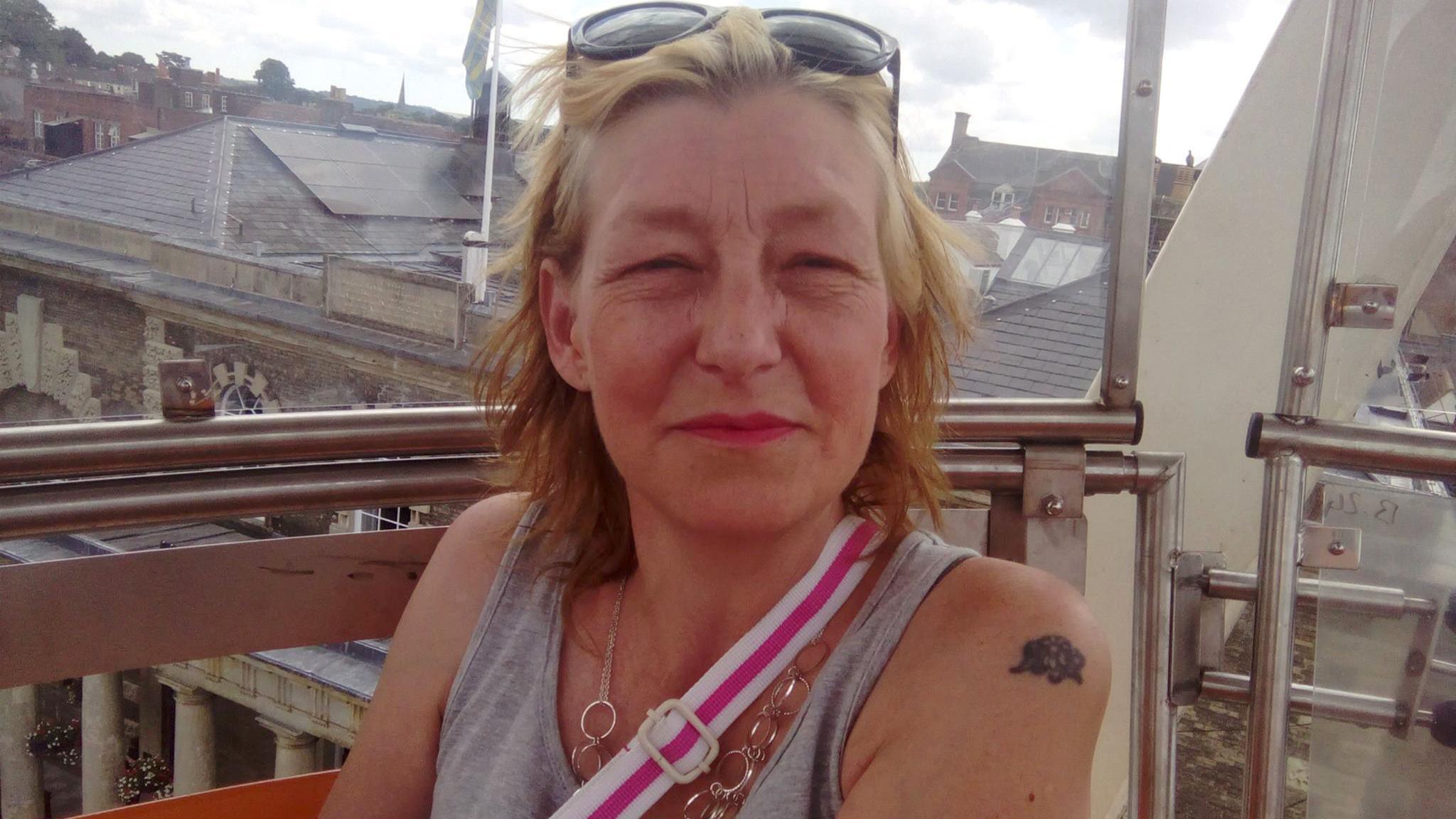
Dawn Sturgess died after unknowingly spraying Novichok out of a perfume bottle
- Published
A paramedic who treated Dawn Sturgess' partner after he fell ill from a nerve agent recalled "heated" conversations with police who were not wearing personal protective equipment while treating him, an inquiry was told.
Ms Sturgess, 44, died after being inadvertently exposed to the nerve agent Novichok in June 2018.
Paramedic Ben Channon said he was "fearful" for officers at Ms Sturgess and Charlie Rowley's flat in Amesbury, Wiltshire.
Mr Channon told the inquiry into her death that he and his colleague's working diagnosis was nerve agent poisoning.
Police were "overly confident" Mr Rowley was suffering a drug overdose, he added.
“We were in a position by then where we had experienced the Salisbury poisonings... it was certainly in the forefront of our minds," Mr Channon said.
Paramedics were called to the property at 18:21 BST - several hours after Ms Sturgess fell ill from unknowingly spraying Novichok on her wrist from a perfume bottle given to her by Mr Rowley.
Sam Hobson, Mr Rowley's friend, called 999 after he began showing "abnormal behaviour", citing concerns there may be a gas leak in the flat.
When Mr Channon and his colleague Lee Martin entered the property they found Mr Rowley with his face pressed against the wall, moving his hands as if he was trying to climb up it and "making noises like a cow".
Mr Channon said the patient's behaviour was "grossly abnormal in comparison to anything we had perhaps encountered before".
Mr Rowley was also producing a "profuse amount" of saliva and experiencing a "bizarre" increased muscular tone to his upper limbs, Mr Channon told the inquiry.
The pair assessed Mr Rowley and found none of his vitals were suggesting an infection or substance abuse.
"We’d recognised this was abnormal... we were both particularly scared," Mr Channon said.
"In absence of any other obvious symptoms everything at this point was pointing to somebody incapacitated by nerve agent poisoning."
The paramedics called for critical care teams and police to attend the scene.
A cordon was established outside the property by Ian Parsons, a paramedic who had been involved with the attempted murder of former Russian spy Sergei Skripal and his daughter Yulia, in Salisbury in March 2018.
Mr Skripal and his daughter had been poisoned with the same nerve agent as Ms Sturgess, roughly eight miles away in Salisbury.
The pair had gone for lunch at a pub before they were both found collapsed "in a serious condition" on a shopping centre bench.
Mr Channon and Mr Martin alerted Mr Parsons of their working diagnosis and raised a major incident alert at 20:39 BST.
While transporting Mr Rowley to Salisbury District Hospital - where Ms Sturgess was being treated - the paramedics were told the operation was being scaled back and being treated as a drug overdose.
Mr Channon said he felt "particularly concerned" and "frustrated" at the decision and wanted to continue advocating that a deadly nerve agent was the cause of his symptoms.
'Agitated and insistent'
At the hospital Dr Paul Russell reiterated to Mr Channon it was "categorically drugs" that caused Mr Rowley to fall unwell.
Dr Russell also advised Mr Channon to remove his PPE - something which Mr Channon "did not deem appropriate" and refused to do.
Temporary police sergeant Ian McKerlie said the paramedics were "agitated" and "insistent" that there were similarities to the attempted murder of the Skripals three months prior.
One of the paramedics said to him “what gives you the right to question our clinical judgment?”, Emilie Pottle, counsel to the inquiry, said.
Mr McKerlie denied questioning their medical judgement and referred to "drugs intelligence" relating to the address and its occupants.
He added that there was "no obvious connection to Russia".
'Possibility of danger'
Speaking on behalf of Dawn Sturgess' family, Michael Mansfield KC said Wiltshire Police's handling of the incident "put the public at risk", particularly after Insp Marcus Beresford-Smith made the decision to scale back the scene.
"Your decision was founded on material from people not at the premises," Mr Mansfield told the inquiry.
Despite paramedics making clear that their working diagnosis was Novichok poisoning, Insp Beresford-Smith said "all the information and intelligence I had did not point to [Novichok]".
"I decided to treat it as a drug overdose," he added.
Insp Beresford-Smith told the inquiry he did not know of Mr Parsons' involvement with the incident involving the Skripals three months prior.
He apologised for the way he handled the situation and acknowledged that there was a "possibility of a dangerous situation".
"It was embarrassing," he said.
The inquiry will sit for a number of weeks, moving between Salisbury and London and is due to conclude in December.
A final report will be published in 2025.

BBC Sounds: Salisbury Poisonings
Keep up to date with the latest from the inquiry with our podcast.
Listen to the episode on BBC Sounds.

Follow BBC Wiltshire on Facebook, external, X, external and Instagram, external. Send your story ideas to us on email or via WhatsApp on 0800 313 4630.
- Published16 October 2024
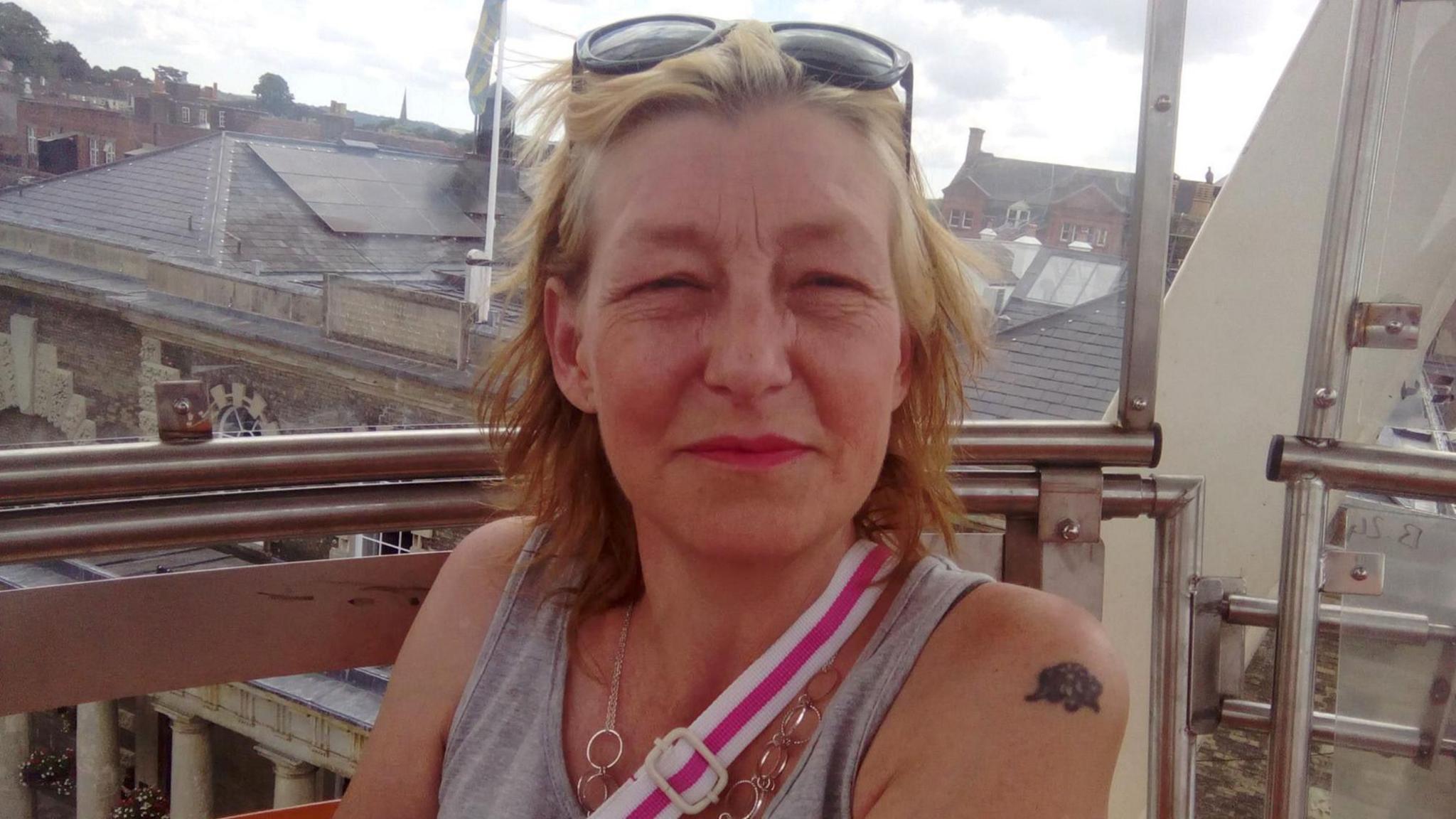
- Published15 October 2024
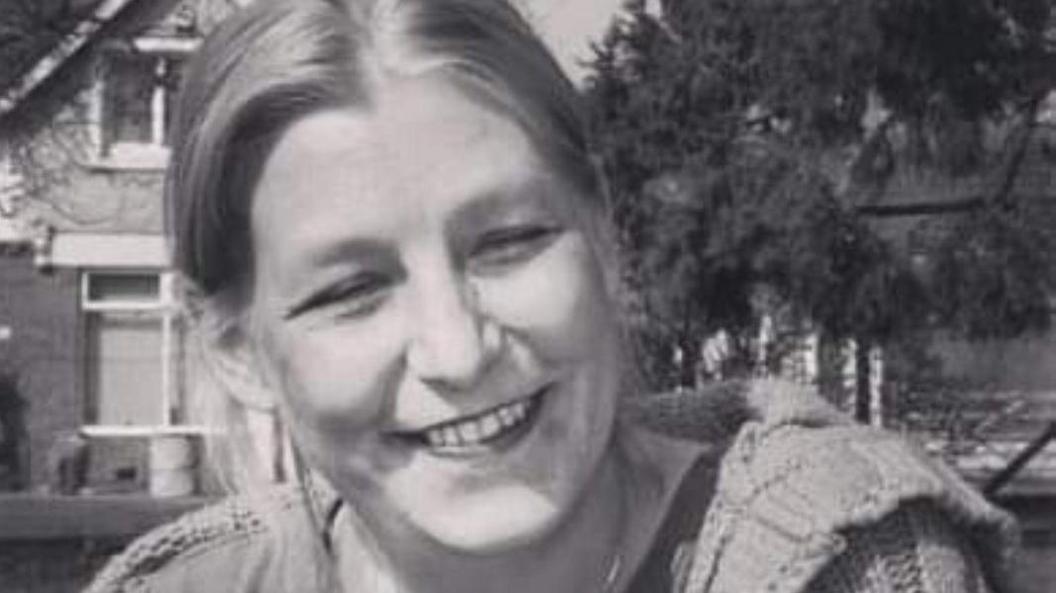
- Published30 July 2018
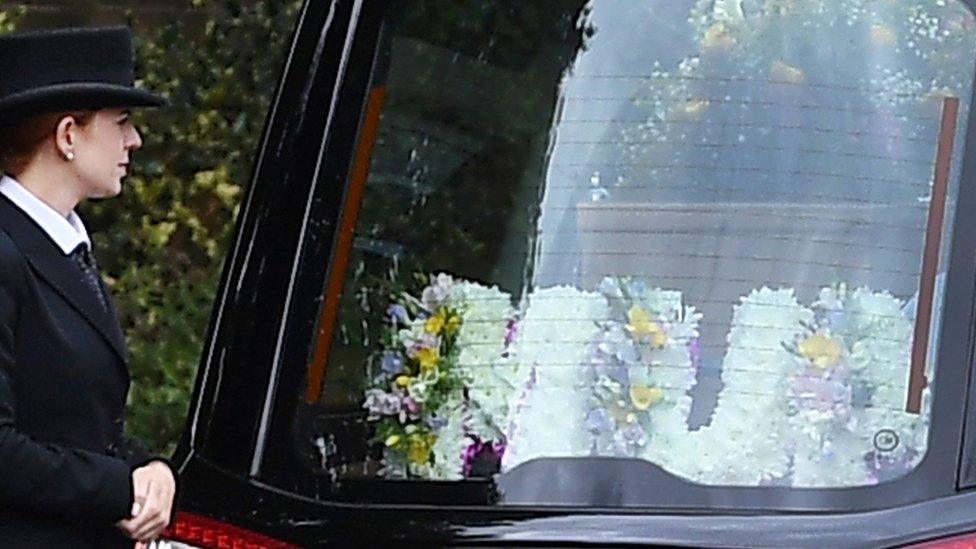
- Published4 March 2020
